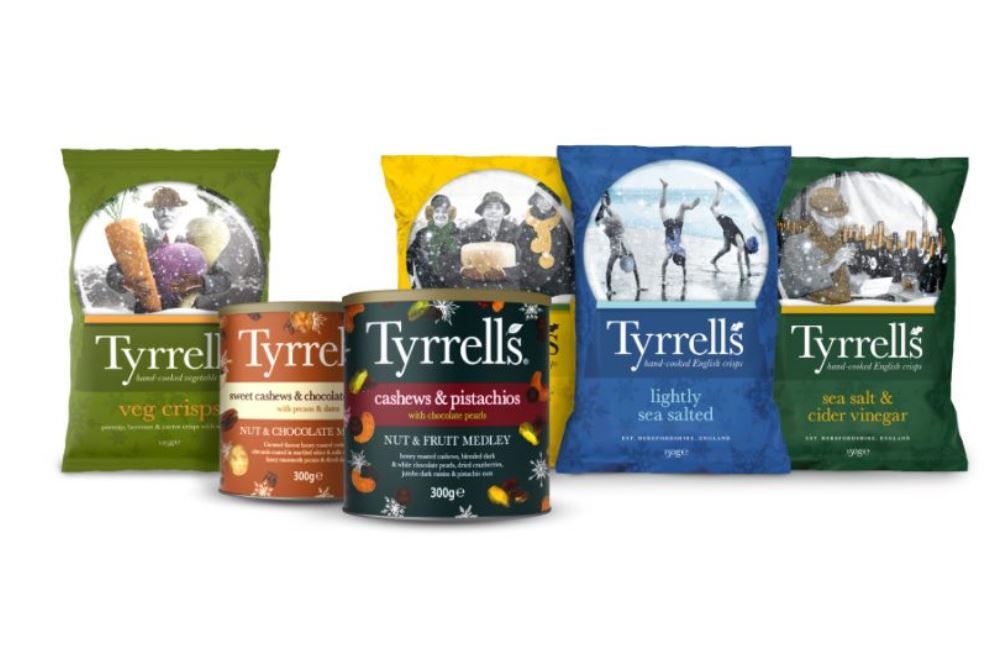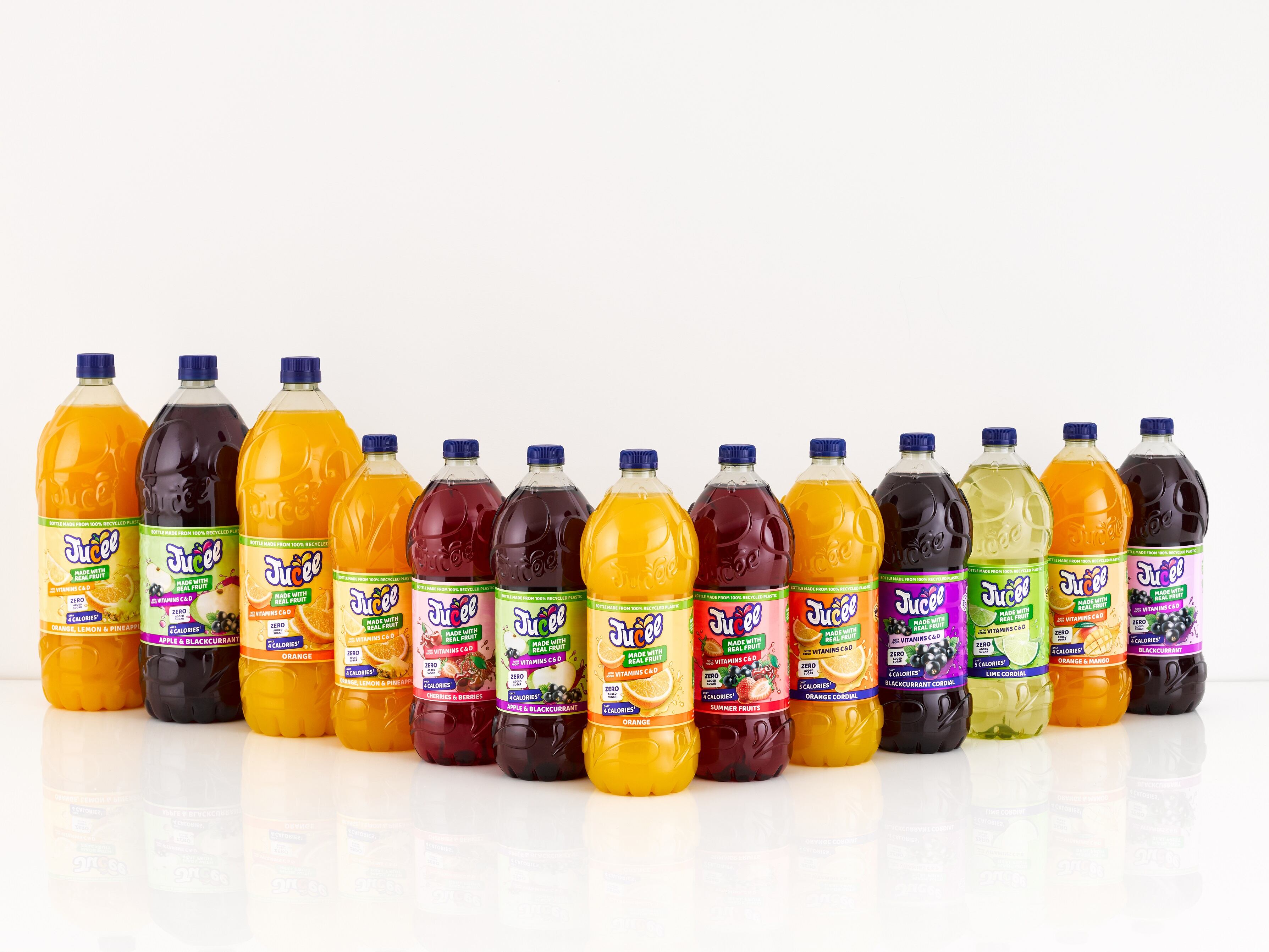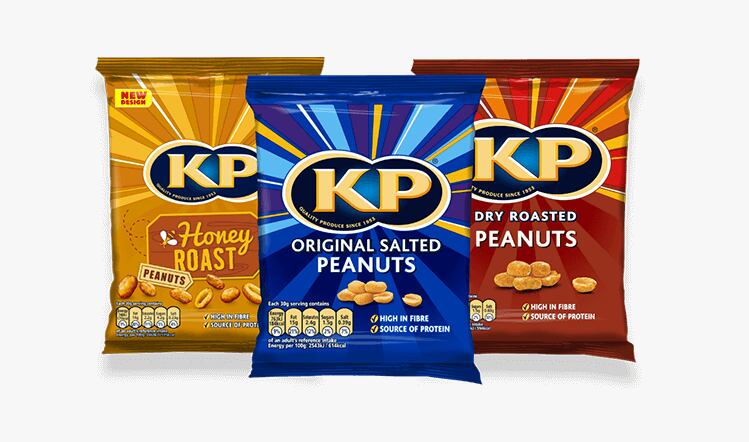As part of its Sustainable Futures programme the producer of brands including McCoy’s and Tyrrells is working with a number of the company’s potato growers from across the country. They will grow cover crops between food crops in the farm rotation to sequester atmospheric CO2 and improve soil health by increasing soil organic matter.
The growers taking part in the programme will receive soil analysis of selected fields. Sustainable Futures will also provide each grower with a bespoke plan, which focuses on improving soil health and increasing soil carbon sequestration.
Collecting data
The project also has two trial ’pilot’ farms where Sustainable Futures will partner with the growers to demonstrate additional regenerative practices, as well as collecting data to share with the whole supply chain.
KP Snacks said the agricultural production of raw materials was currently responsible for a significant portion of its carbon footprint across its supply chain. It said this initiative was aimed at reducing the greenhouse gas emissions of its supply chain, while improving soil health and supporting the development of more resilient farming operations.
Nicola Robinson, head of sustainability at KP Snacks, said: “We’re proud of the long term partnerships we have with our potato growers and the commitment these growers have made to agricultural sustainability over many years. We are excited to be launching this next phase of partnership with them, promoting the use of regenerative farming techniques as we all work towards a low carbon, resilient supply chain.”
Cover crops
Steve Cann, director of Future Food Solutions, said: “Soil organic matter has fallen by around 50% in the last 60 years, reducing soil quality, nutrient concentration, and its ability to absorb carbon and hold water.
“However, implementing regenerative farming practices, such as the use of cover crops – dubbed pop-up rainforests by Sustainable Futures – enables soil to lock in quantities of carbon from the atmosphere, helping to reverse the effects of climate change, while at the same time dramatically improving soil health.”




